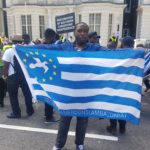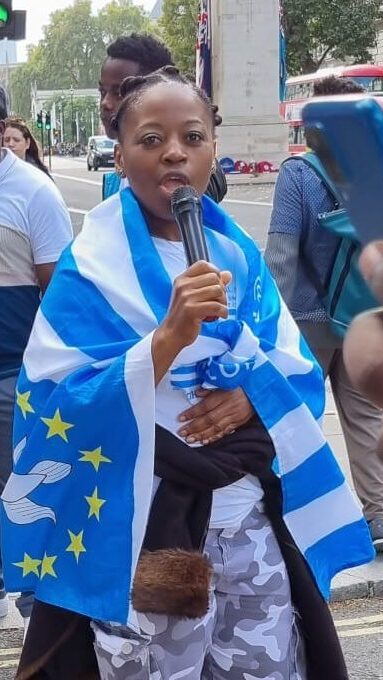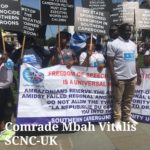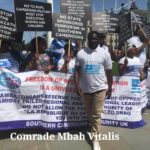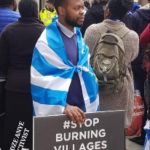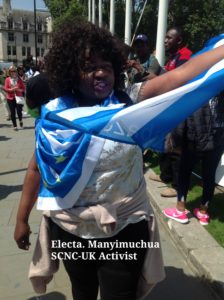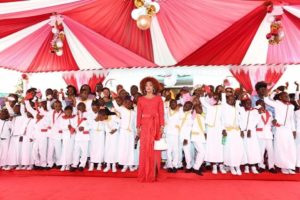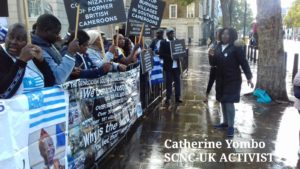SCNC OUR HISTORY AND THE TRUTH OF TIME
SCNC OUR HISTORY AND THE TRUTH OF TIME
The United Nations organised a plebiscite in the region on 11 February 1961 which put two alternatives to the people: union with Nigeria or union with Cameroon. The third option, independence, was opposed by the British representative to the UN Trusteeship Council, Sir Andrew Cohen, and as a result was not listed. In the plebiscite, 60% of voters in the Northern Cameroons voted for union with Nigeria, while 70% of voters in the Southern Cameroons opted for union with Cameroon. The results owed partly to a fear of domination by much larger Nigeria Endeley was defeated in elections on 1 February 1959 by John Ngu Foncha
Southern Cameroons federated with Cameroon on 1 October 1961 as “West Cameroon”, with its own prime minister. However, the English-speaking peoples of the Southern Cameroons did not believe that they were fairly treated by the 80% majority French-speaking government of the country. Then-president Ahmadou Ahidjo feared that Southern Cameroons would secede from the union, taking its natural resources with it. Following a French Cameroon unilateral referendum on 20 May 1972, a new constitution was adopted in Cameroon which replaced the federal state with a unitary state, and also gave more power to the president. Southern Cameroons lost its autonomous status and became the Northwest Region and the Southwest Region of the Republic of Cameroon. Pro-independence groups claimed that this violated the constitution, as the majority of deputies from West Cameroon had not consented to legitimize the constitutional changes.
In 1993, representatives of Anglophone groups convened the first All Anglophone Conference (AAC1) in Buea. The conference issued the “Buea Declaration”, which called for constitutional amendments to restore the 1961 federation. This was followed by the second All Anglophone Conference (AAC2) in Bamenda in 1994. This conference issued the “Bamenda Declaration”, which stated that if the federal state was not restored within a reasonable time, Southern Cameroons would declare its independence. The AAC was renamed the Southern Cameroons Peoples Conference (SCPC), and later the Southern Cameroons Peoples Organisation (SCAPO), with the Southern Cameroons National Council (SCNC) as the executive governing body. . The SCNC sent a delegation, led by John Foncha, to the United Nations, which was received on 1 June 1995 and presented a petition against the ‘annexation’ of the Southern Cameroons by French Cameroon. This was followed by a signature referendum the same year, which the organisers claim produced a 99% vote in favour of independence with 315,000 people voting.
SCNC activities were routinely disrupted by police. On 23 March 1997, about ten people were killed in a raid on a SCNC camp in Bamenda. The police arrested between 200 and 300 SCNC supporters. On 1 October 1999, militants took over Radio Buea to proclaim the independence of Southern Cameroons, but failed to do so before security forces intervened. The leadership and many members of the SCNC were subsequently arrested.
After clashes with the police, the SCNC was officially declared illegal by the Cameroonian authorities in 2001. The 2012 Amnesty International Report on Cameroon found that the security forces continue to disrupt SCNC activities and arresting it leaders.since the start of the angophone crisis in 2016 SCNC has been in four front of the movement fighting for the indepence for the people southern cameroon with our leaders in jail we shall never give up our strugle for indepence,our voices will not be silence with favour from God almithy we achieve our indepence.
ROYCE BUH
